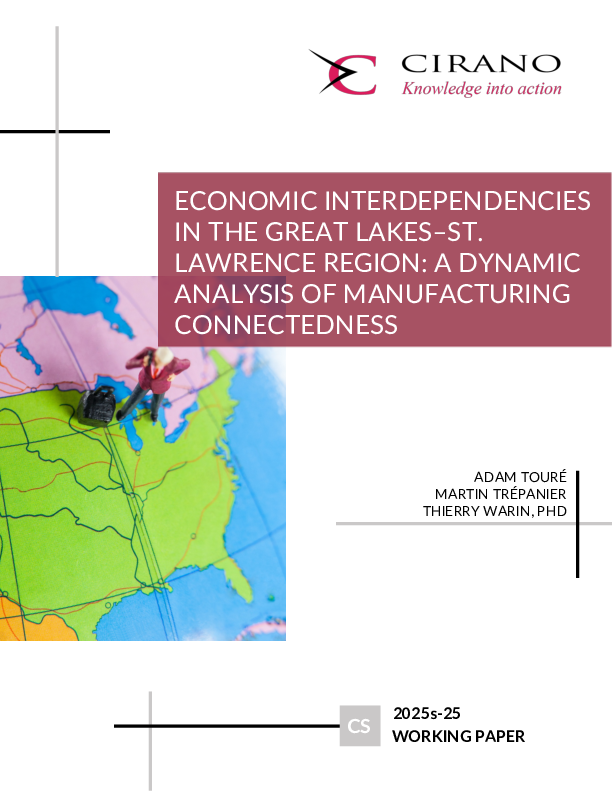Brain Drain: Why Do Some Post-Secondary Graduates Choose to Work in the United States?
In this study, we examine the phenomenon of the brain drain in Canada, specifically the loss of certain post-secondary graduates to the United States. Our analysis comprises three components: a descriptive analysis of the differences between graduates who stayed in Canada and those who moved to the United States; a multivariate analysis, to identify the determinant factors of the decision to move from Canada to the United States and the decision to return to Canada afterwards; and analysis to explain the wage differentials between stayers and movers. Using the data for the last three cohorts from the National Graduates Survey, we observe that the brain drain remains relatively marginal, affecting 2% of new graduates at most. We also note a slight decrease in the brain drain for the Class of 2005 compared with the Class of 2000 in the first two years after graduation. In addition, we identify a strong movement to return to Canada (some 48% of those who left between 2000 and 2005) or a strong intention to do so (61% of the graduates of 2000 still living in the United States in 2005). Striking differences emerge in connection with certain factors, however, including level of education and field of study. For example, PhDs are by far the most likely to move to the United States. That also holds true for graduates in the fields of mathematics, computer and information sciences and architecture, engineering and related technologies. The wage differences are also high, in the order of 27% to 40% higher for graduates working in the United States, of which only one third can be explained by a variety of observable factors. Finally, we find that the graduates of 2000 who returned to Canada after a stay in the United States earned, in 2005, up to 18% more on average than those who never left Canada, all other things being equal. Canada thus benefits from the brain drain when it is not permanent. Whatever the case, we do not believe that at current levels, the brain drain of post-secondary graduates to the United States requires specific intervention on the part of public policymakers. However, the phenomenon should be monitored on an ongoing basis, as it may evolve in the future.
[ - ]




